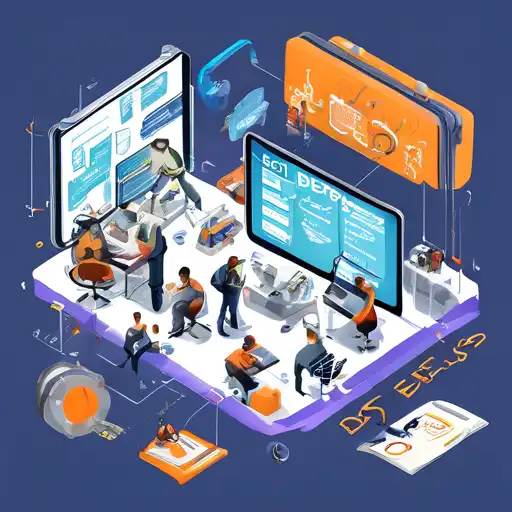Introduction to DevOps Tools
In the fast-paced world of software development, DevOps practices have become essential for teams aiming to improve collaboration, increase efficiency, and accelerate delivery. Choosing the right tools is crucial for implementing effective DevOps strategies. This article explores the best DevOps tools that can help your team achieve these goals.
Version Control Systems
Version control is the backbone of DevOps, enabling teams to manage changes to source code over time. Git and Mercurial are among the most popular tools, offering distributed version control that supports collaborative development.
Continuous Integration and Continuous Delivery (CI/CD) Tools
CI/CD tools automate the software release process, from initial code commit to production deployment. Jenkins, Travis CI, and CircleCI are leading solutions that integrate with a wide range of development tools and services.
Configuration Management
Configuration management tools like Ansible, Puppet, and Chef help automate the provisioning and management of infrastructure, ensuring consistency across environments.
Monitoring and Logging
Effective monitoring and logging are vital for maintaining the health and performance of applications. Tools such as Prometheus, Grafana, and ELK Stack provide real-time insights into system operations.
Containerization and Orchestration
Containerization tools like Docker and orchestration platforms such as Kubernetes have revolutionized the way applications are deployed and managed, offering scalability and flexibility.
Collaboration and Communication Tools
DevOps is not just about tools and technology; it's also about culture. Collaboration tools like Slack and Microsoft Teams facilitate communication among team members, fostering a collaborative environment.
Conclusion
Selecting the right DevOps tools is a critical step towards achieving operational excellence. By leveraging the tools mentioned above, your team can streamline workflows, enhance productivity, and deliver high-quality software faster. Remember, the best toolset is one that aligns with your team's specific needs and goals.
